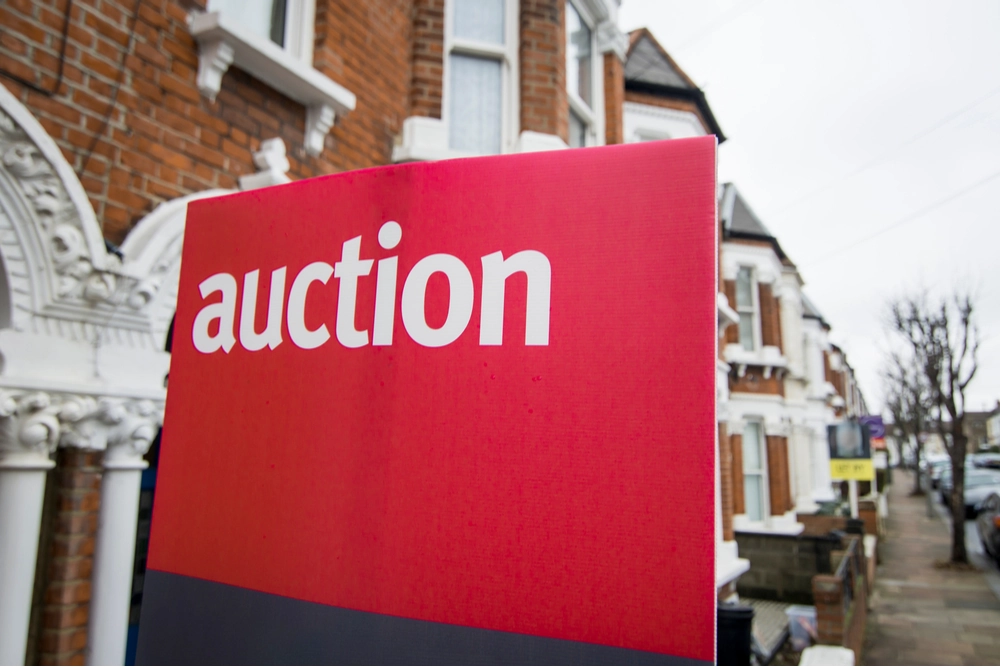
Business Property Relief ("BPR") from Inheritance Tax (IHT) can be claimed in respect of the value of a business (or interest in a business) owned by the deceased. In general, 100% relief from inheritance tax can be claimed in respect of a business or interest in a business, or shares in an unlisted company. 50% relief can be claimed in respect of other business property, such as land or machinery used in the deceased's business, or a controlling shareholding in a listed company.
However, BPR is not available where the relevant business deals mainly in 'making or holding investments'.
Previous cases passing through the court have indicated that holiday homes operated and let out by the deceased will not qualify for BPR for this reason. The court has, to date, largely considered holiday homes to be first and foremost an investment, rather than a 'business' in the required sense.
However, in the recent case of Executors of G Joyce Graham (Deceased) v HMRC the judge concluded differently.
The case summarises the circumstances of the deceased, Grace Graham, along with her daughter Louise, managing a number of self-catering flats on her land known as 'Carnwethers'. Guests at Carnwethers were presented with a welcome pack on arrival, and were provided with refreshments and produce from the surrounding farm during their stay. Extensive entertainment facilities (including a pool, sauna, snooker room, and bicycles for hire) were available, and the deceased's daughter was on hand to assist and advise guests, even assisting with emergency night calls as required.
The court held that, despite their usual position with regard to furnished holiday lets, Carnwethers qualified for BPR. The key factors that the court considered when reaching this decision were:
- the extensive facilities on offer, which far bettered those usually expected of such accommodation; and
- the exceptionally high level of service provided by Louise Graham.
The court held that the level of service provided to guests, in combination with the extensive facilities, went beyond being merely letting out an investment property. As a result, the threshold required to successfully claim BPR was met.
However, although the decision of the court offers some hope for business owners in a similar position, it should by no means be taken as a softening of the court's usual position. Even with the high levels of service and facilities provided at Carnwethers, the court held that the business was an "exceptional case which does, just, fall on the non-mainly-investment side of the line".
It seems likely that future BPR claims will continue to be scrutinised closely, and that there will remain a very high threshold for a successful BPR claim in respect of furnished holiday lets.
If you require advice regarding furnished holiday lets or the availability of BPR, please contact our Tax, Wealth Planning and Succession team.










